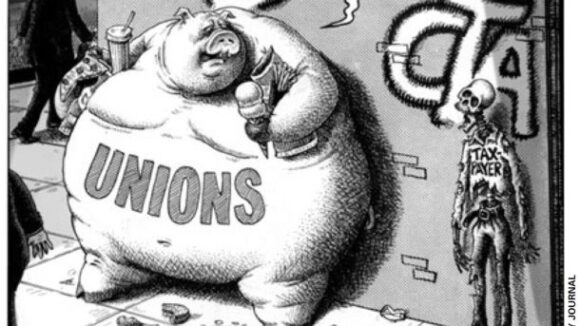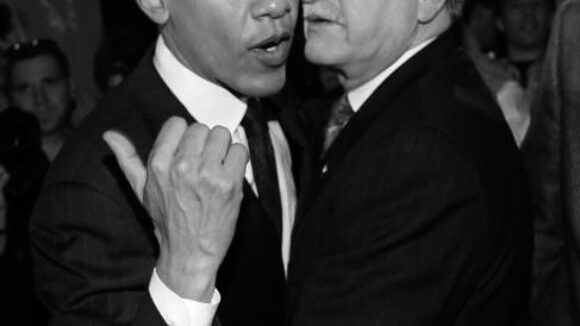Right to Work Members Win Against Long Odds
(Source: January 2011 NRTWC Newsletter) Committee Defeats Police/Fire Monopoly-Bargaining Legislation With the long-anticipated conclusion of the 111th Congress a few weeks ago, National Right to Work Committee members and supporters achieved a major legislative victory that had seemed a near impossibility at the Congress's inception in 2009. Just before Christmas, Congress adjourned without having rubber-stamped Senate Majority Leader Harry Reid's (D-Nev.) so-called "Public Safety Employer-Employee Cooperation Act" (S.3991). This was government union bosses' "top legislative priority" in the 111th Congress, as International Firefighters (IAFF/AFL-CIO) union czar Harold Schaitberger admitted mournfully after the adjournment. Seasoned Capitol Hill observers had confidently predicted the Reid legislation would pass into law before the end of 2010, and with good reason. At the outset of the 2009-2010 Congress, the votes were there to pass the bill in both chambers of Congress. Furthermore, President Obama was publicly vowing to sign it as soon as it reached his desk.

